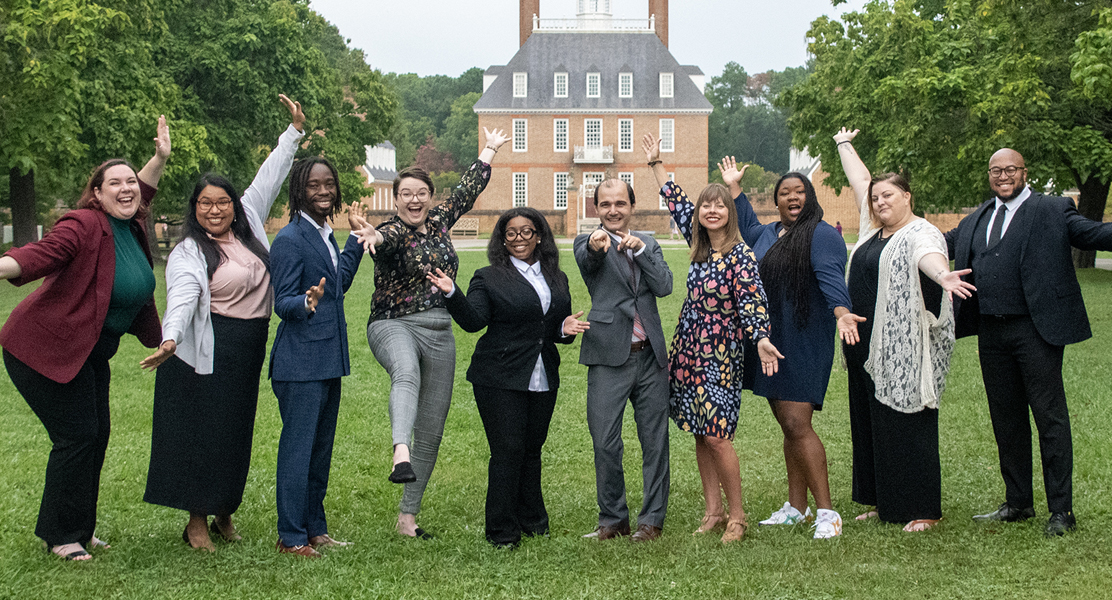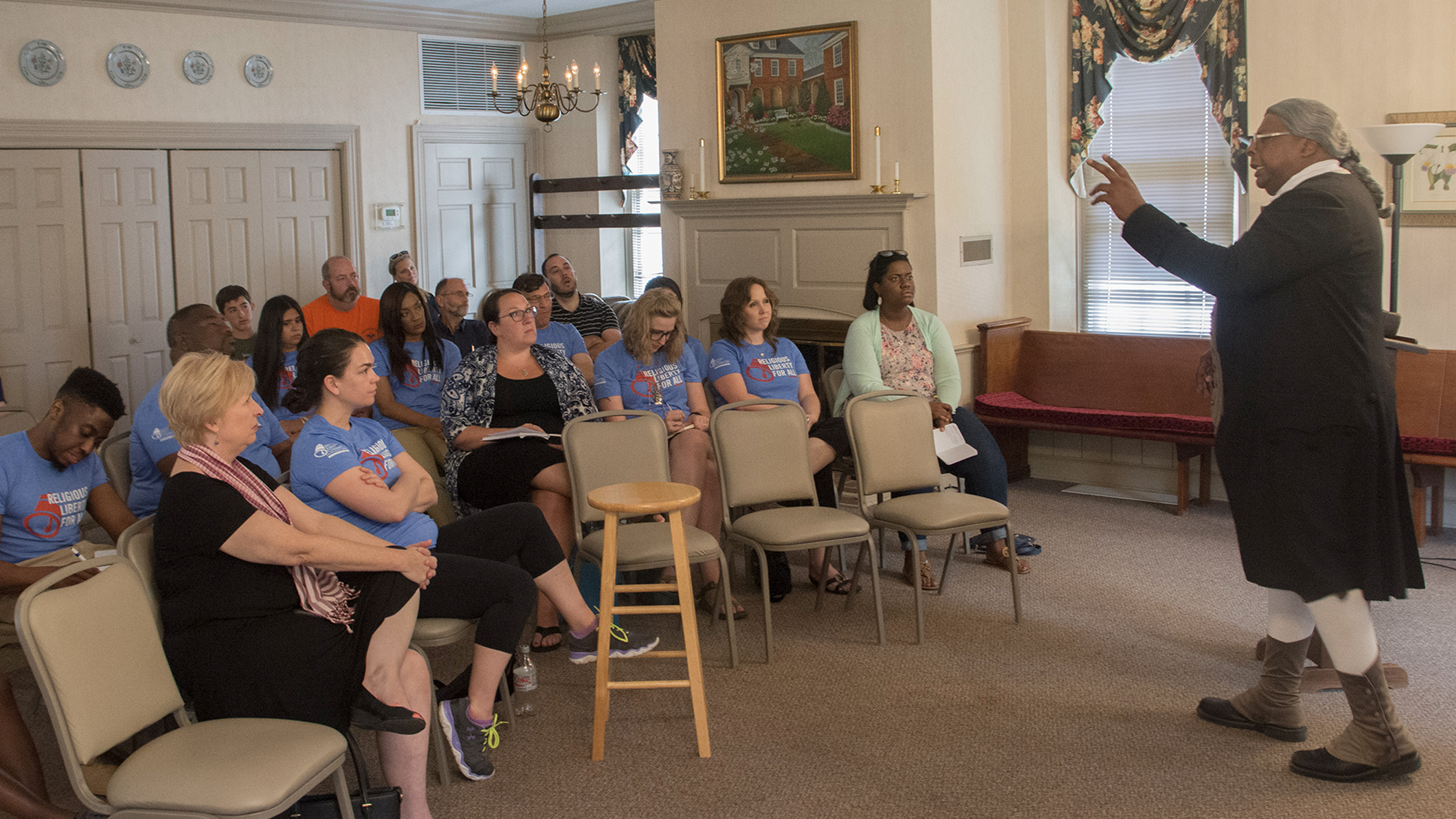THE BJC FELLOWS
2023 BJC Fellows
Ten young professionals descended on Colonial Williamsburg in 2023, beginning their journeys as BJC Fellows. They heard from BJC staff and other experts about the various underpinnings of religious liberty and discussed whose stories have been excluded from common narratives.
The BJC Fellows come from diverse theological, educational and geographic backgrounds, all united in their call to defend faith freedom for all. Scroll down to meet the 2023 class, and see photos of their experience on Facebook.
For more on the program, visit BJConline.org/Fellows.
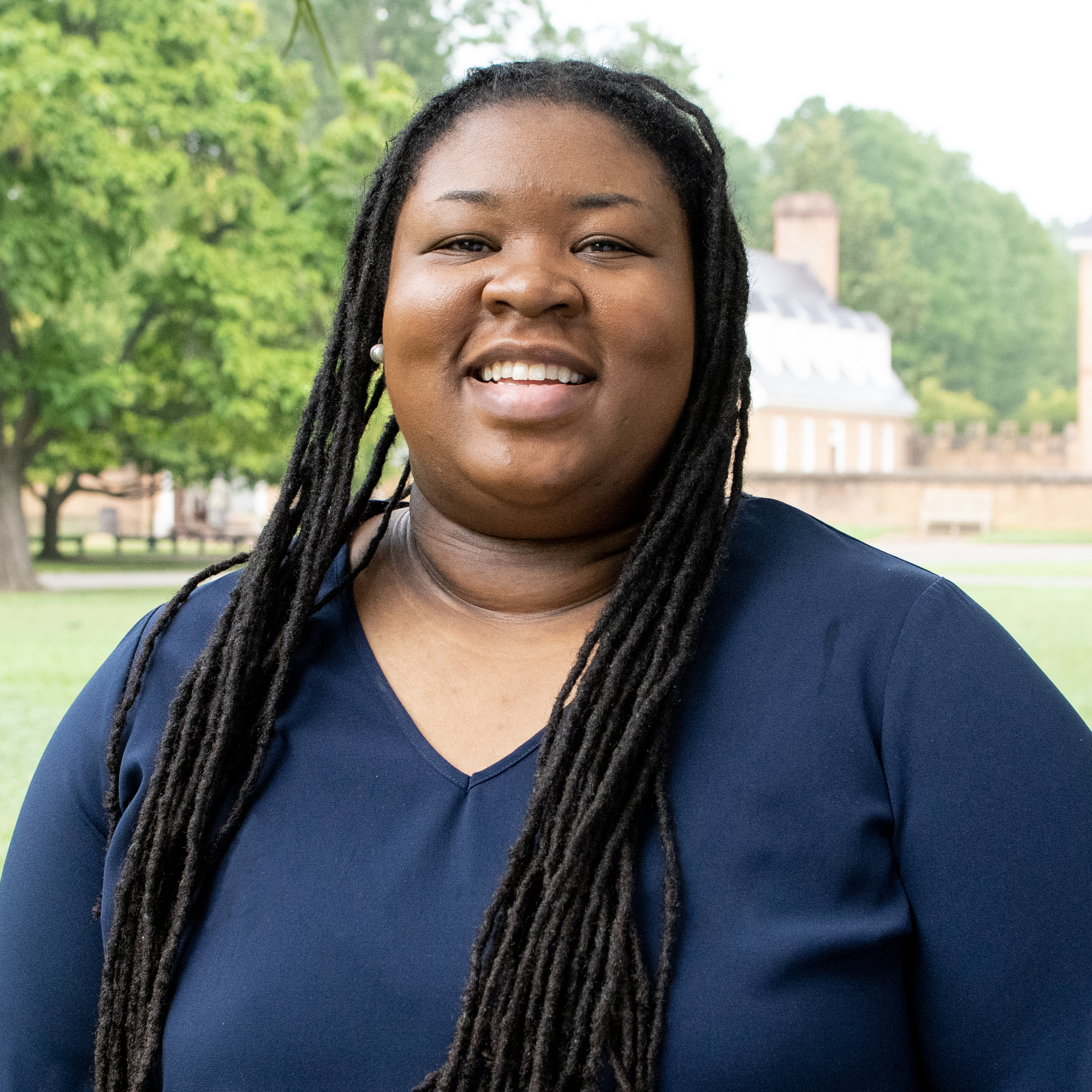
“When I was invited to join this year’s BJC Fellows Program, I was curious to learn about our nation’s religious underpinnings and to step back in time to give clarity to the relationship between church and state today. What I experienced on the tour of Colonial Williamsburg proved to be much more illuminating than I imagined. …
Amethyst Holmes / Washington, D.C.
To start the tour, the Rev. Dr. Nathan Taylor pointed out the archaeology site of the historic First Baptist Church of Williamsburg, one of the oldest Black churches founded by African Americans in the nation. … Organized in 1776, free and enslaved African Americans led by the Rev. Gowan Pamphlet would gather on plantations in secret or in hush harbors to sing and pray before gathering in meeting houses and eventually a brick sanctuary in 1856.
As I laid eyes on the site and walked through the meeting house across the street, I kept thinking about how much courage it took for these ancestors to practice their faith and rituals in the face of unimaginable oppression. I thought about the Indigenous faith traditions the enslaved carried with them that sustained them before they were transported to the shores of Virginia and after they were sold into slavery. I thought about the Christianity of the enslavers that would justify human bondage and the inhumanity embedded within the institution as well as the Christian tradition of free and enslaved Black people that would reinforce the truth of their humanity: that physical and spiritual liberation was possible.”
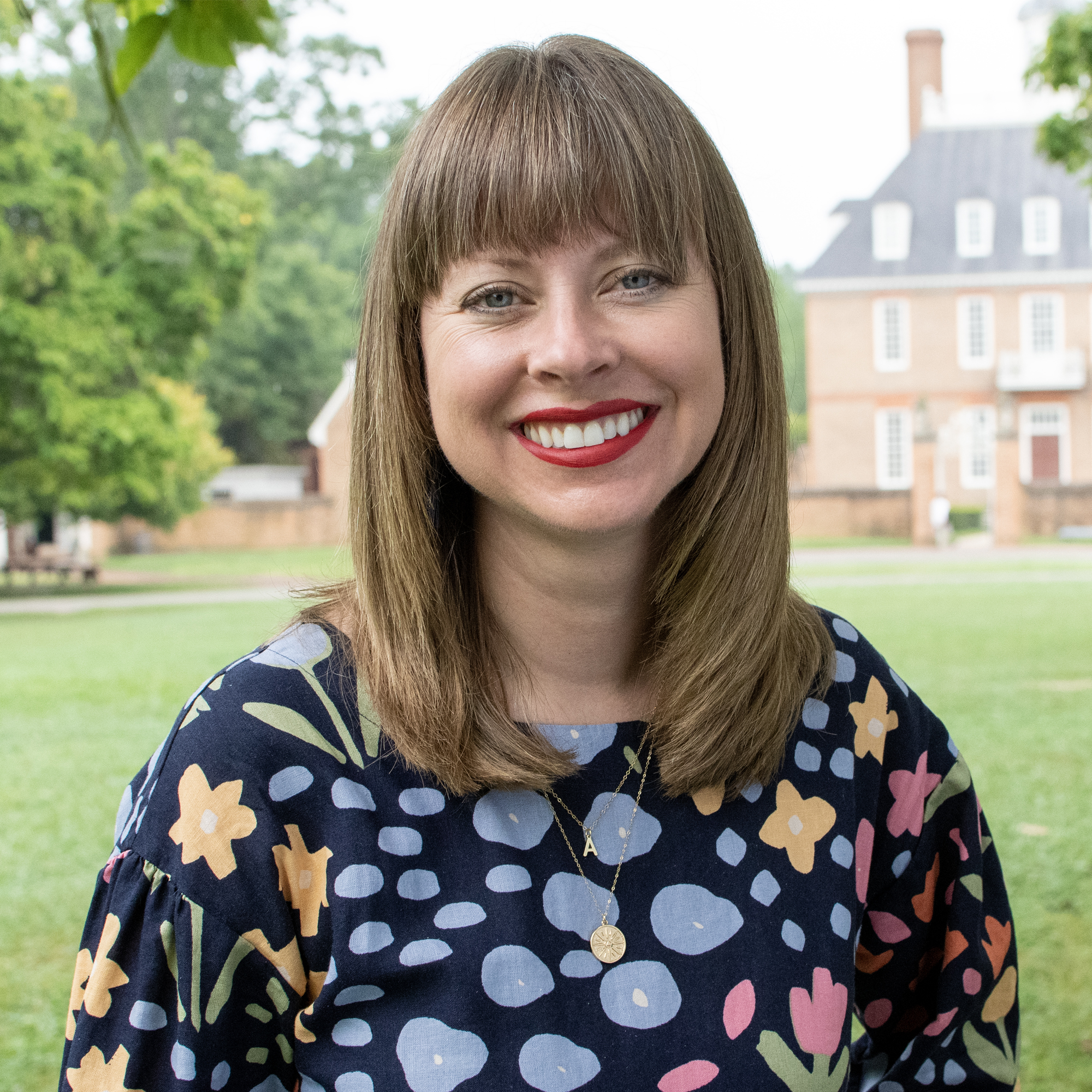
“I had the opportunity to spend five days in Colonial Williamsburg with nine other BJC Fellows of varying races and backgrounds, some in ministry, some in nonprofit work, some Christian, one Muslim, some straight, and some LGBTQ. While we came from different backgrounds, we were all focused for five days on one topic: religious liberty in America. …
Rev. Kari Baumann / Greensboro, North Carolina
Many historical individuals that we learned about (and heard from, in the form of interpreters like the Rev. Gowan Pamphlet and George Wythe) allowed us to gain a deeper understanding of the history of the Baptist church and how their impact contributed to what we know it as today. … The tours gave us great insight on the history of Colonial Williamsburg as well as what individuals had to go through during this time period. … It was a new perspective and something I will not forget.”
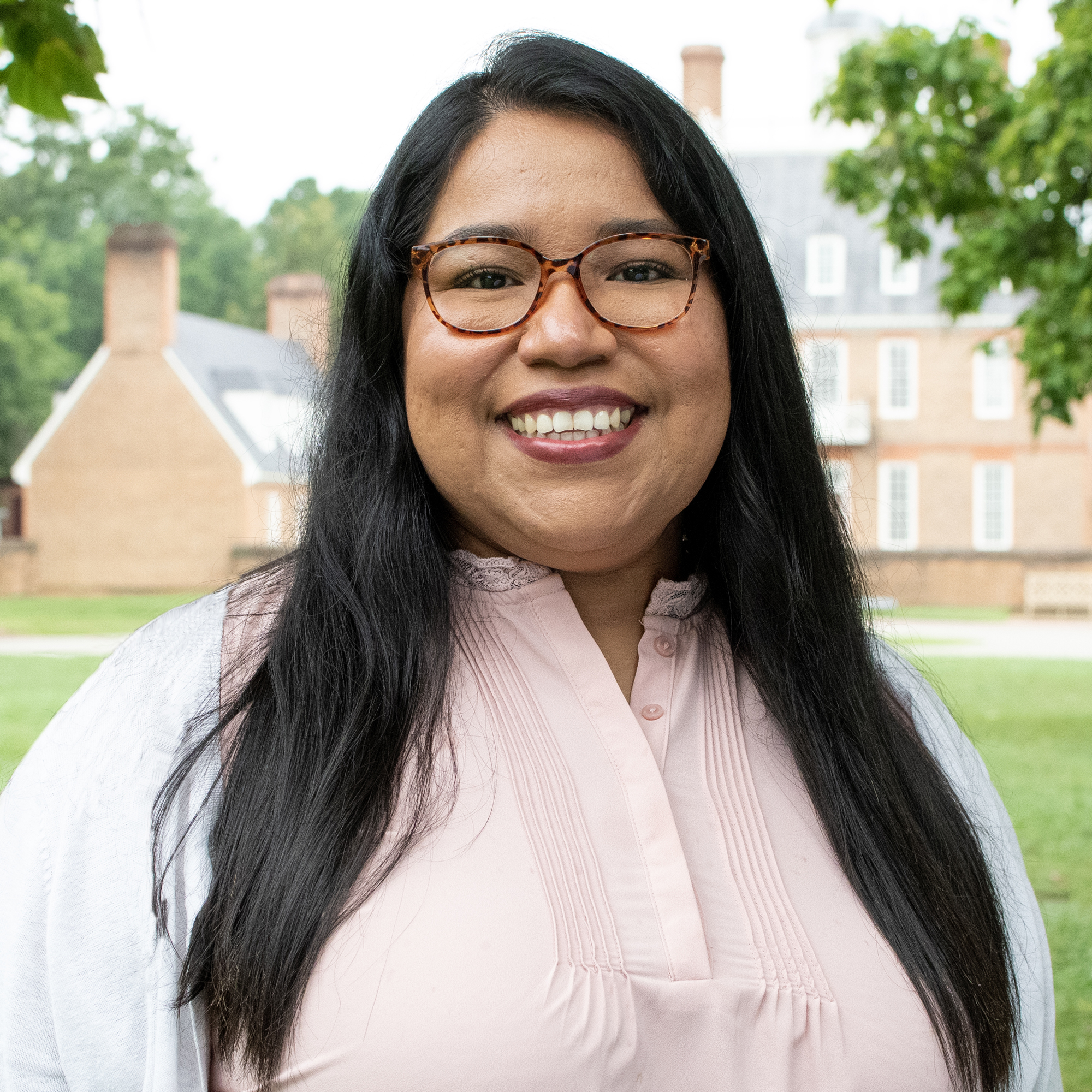
“As a required reading, we read Dr. Khyati Y. Joshi’s book ‘White Christian Privilege: The Illusion of Religious Equality in America.’ We heard from her during the Seminar, and she said, “The U.S. is not a race neutral society or a religiously neutral society.” Through her, my eyes were opened to the Christian privilege I carry within this society, even as a minority. Christianity in America does have more influence than any other religion. Even when we think of religious liberty, I would say that most people think of this in the context of how do we, as Christians, make space for other religions. It is not that Christians need to make space, it is that all deserve a space and to be heard. …
Abigail Villagrana / Waco, Texas
With this same idea, I began to wonder how people in other marginalized spaces are missing in this narrative or in this advocacy of religious liberty. Being a Latina myself, I started to reflect on where the voice of the Latino experience fits in.
I think there are a few reasons why maybe the Latino voice is less heard in this narrative. I think one of the reasons is that the Latino voice is often preoccupied by survival. … There are complexities to the priorities and the realities for the people who are placed on the margins. And, yes they are placed on the margins because of the systems in our society. People who are placed on the margins of society are looking for general wellness and to have their basic needs met to flourish, and unfortunately, they are on survival mode. Could this be where the issue of Christian nationalism and American exceptionalism intersects with the oppression of minority groups and that is why we don’t hear their voice in this narrative?”
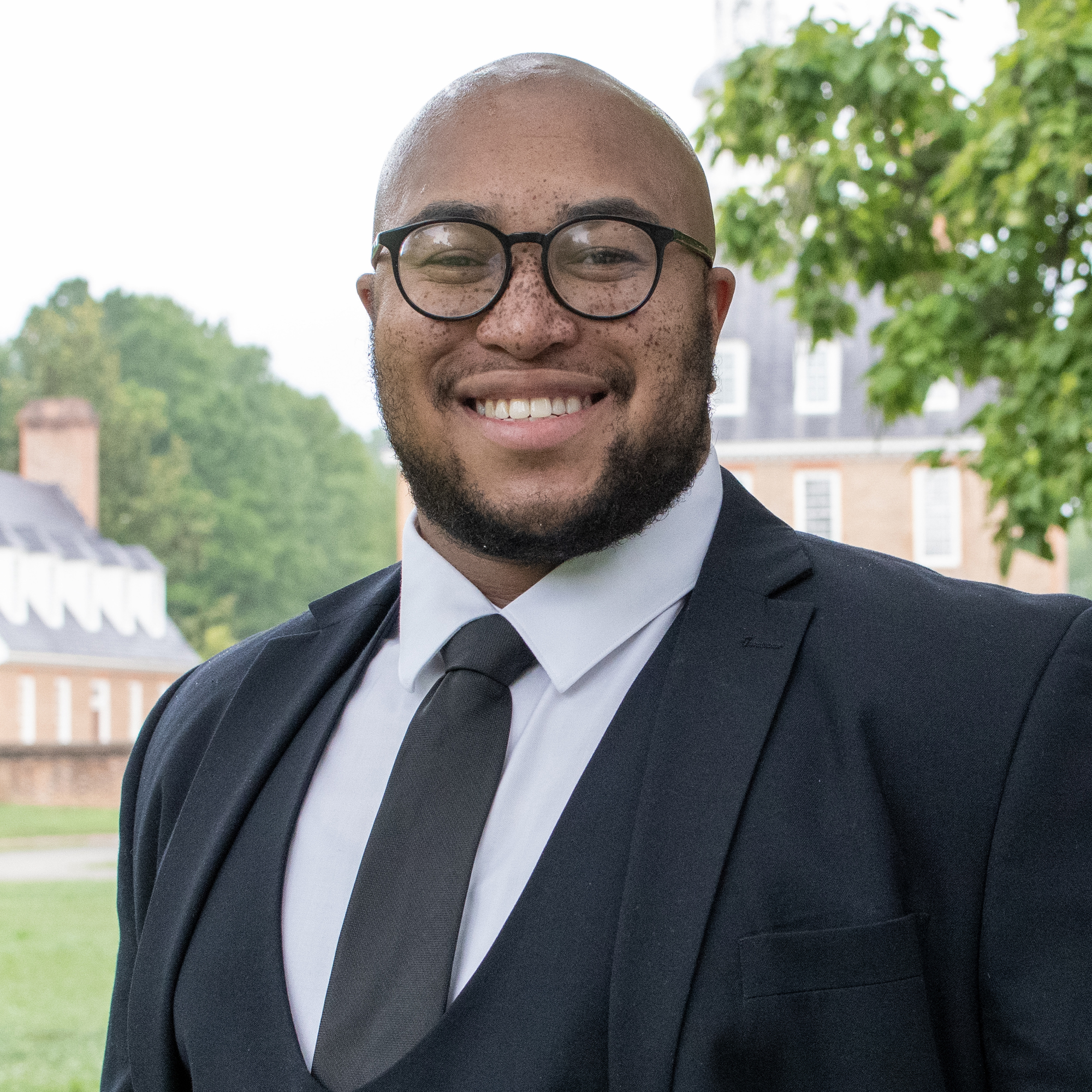
“Our shared dedication to fostering an environment where diverse beliefs and traditions are not only respected but celebrated, speaks volumes about the kind of change we aim to bring about in society. … A society that respects religious freedom is a society that values diversity, encourages dialogue, and promotes understanding between individuals of different faiths and perspectives. This diversity is what enriches our cultural tapestry and fuels innovation and progress. …
Minister Bobbie Newell Jr. / Richmond, Virginia
As we navigate the complexities of our interconnected world, the call to action for safeguarding religious freedom becomes even more urgent. By championing this cause, we send a resounding message that we refuse to accept a world where prejudice and discrimination define our interactions.”
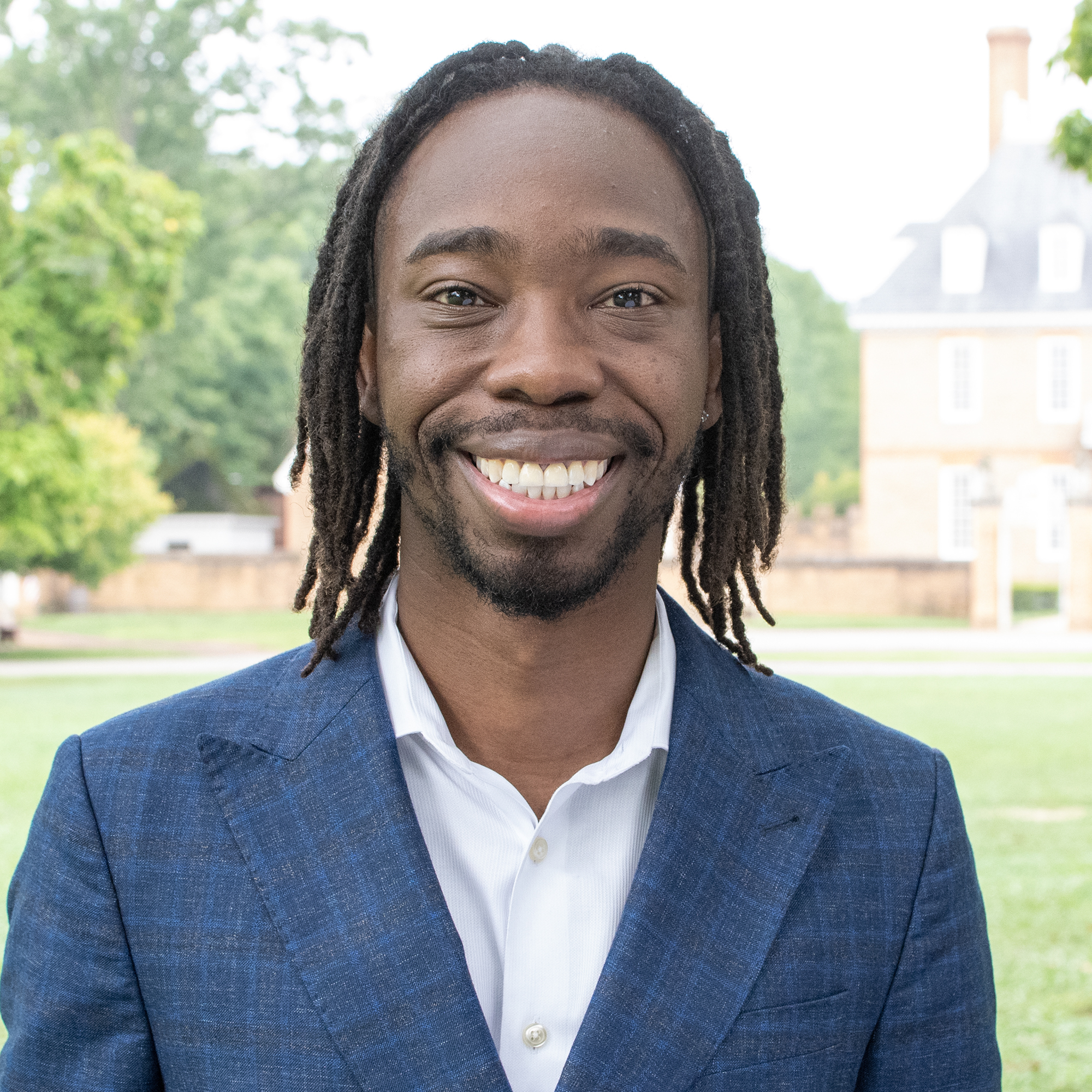
“The founding fathers, inspired by the Enlightenment philosophies of individual rights and freedoms, recognized the inherent dangers of intertwining religion and governance. … This intellectual underpinning not only informed the framing of the Constitution but also found its expression in the First Amendment — a testament to their resolute commitment to safeguarding the diverse tapestry of beliefs that would come to define the American experience. In my time as a BJC Fellow, the ways in which the founding fathers pursued this ideal and remained steadfast to espousing it in theory was clear. …
Rev. Don Abram / Chicago, Illinois
However, as a queer son of the Black church, it was also crystallized that the practice of the theory of religious liberty did not extend to enslaved communities. Even as the founding fathers articulated their convictions with fervor and conviction, their inability to see enslaved people as fully human served as a blockade to the full realization of this ideal. … Recognizing the limits of their religious freedom, including the very real possibility of flogging, death, and mutilation, enslaved communities found refuge in what scholars have coined ‘the invisible institution.'”
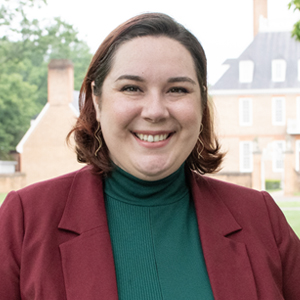
“As I reflect on my transformative experience as a 2023 BJC Fellow, I am compelled to share how this program reignited my fervor for public education and the imperative of ensuring that history and social studies curriculum convey an unbiased historical narrative. Throughout the Seminar, I had the privilege of delving into the heart of our nation’s history, engaging with remarkable interpreters, and uncovering hidden stories that challenged the conventional narrative. …
Maggie Clark / Winston-Salem, North Carolina
The realization that our history often omits significant figures like George Wythe and the Rev. Gowan Pamphlet due to their incongruence with the Christian nationalism narratives was eye-opening. It became evident that our nation’s true values of religious freedom for all had been overshadowed by a skewed perception perpetuated by those with vested interests. As a society, we need to acknowledge and rectify this oversight, ensuring that the stories of all contributors to our nation’s founding are shared, celebrated, and remembered.
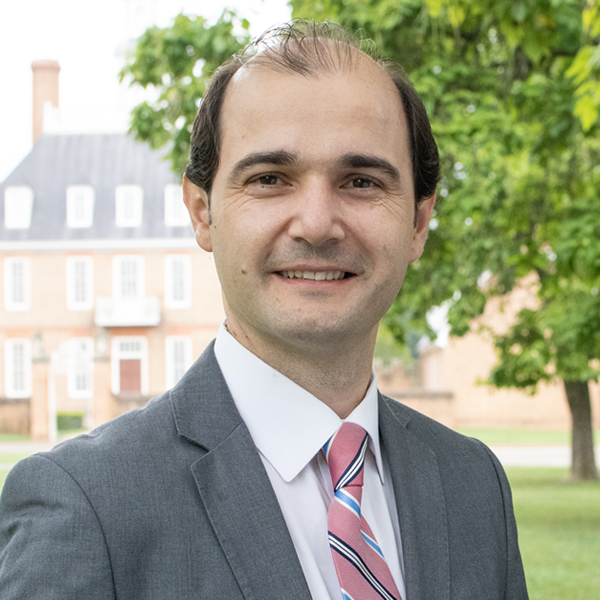
“I think that we need to approach faith freedom for all from a ‘one for all and all for one’ point of view. With this understanding, I believe that we can collectively inform, partner and advocate for religious freedom on behalf of all who are challenged and mistreated because of their sincerely held religious beliefs and backgrounds. …
Dr. Mehmet Saracoglu / Fairfax, Virginia
This experience will be an incredible addition to my religious freedom toolkit and will help me move forward in my journey towards becoming an accepting and inclusive partner of all faiths and be a voice on their behalf.”
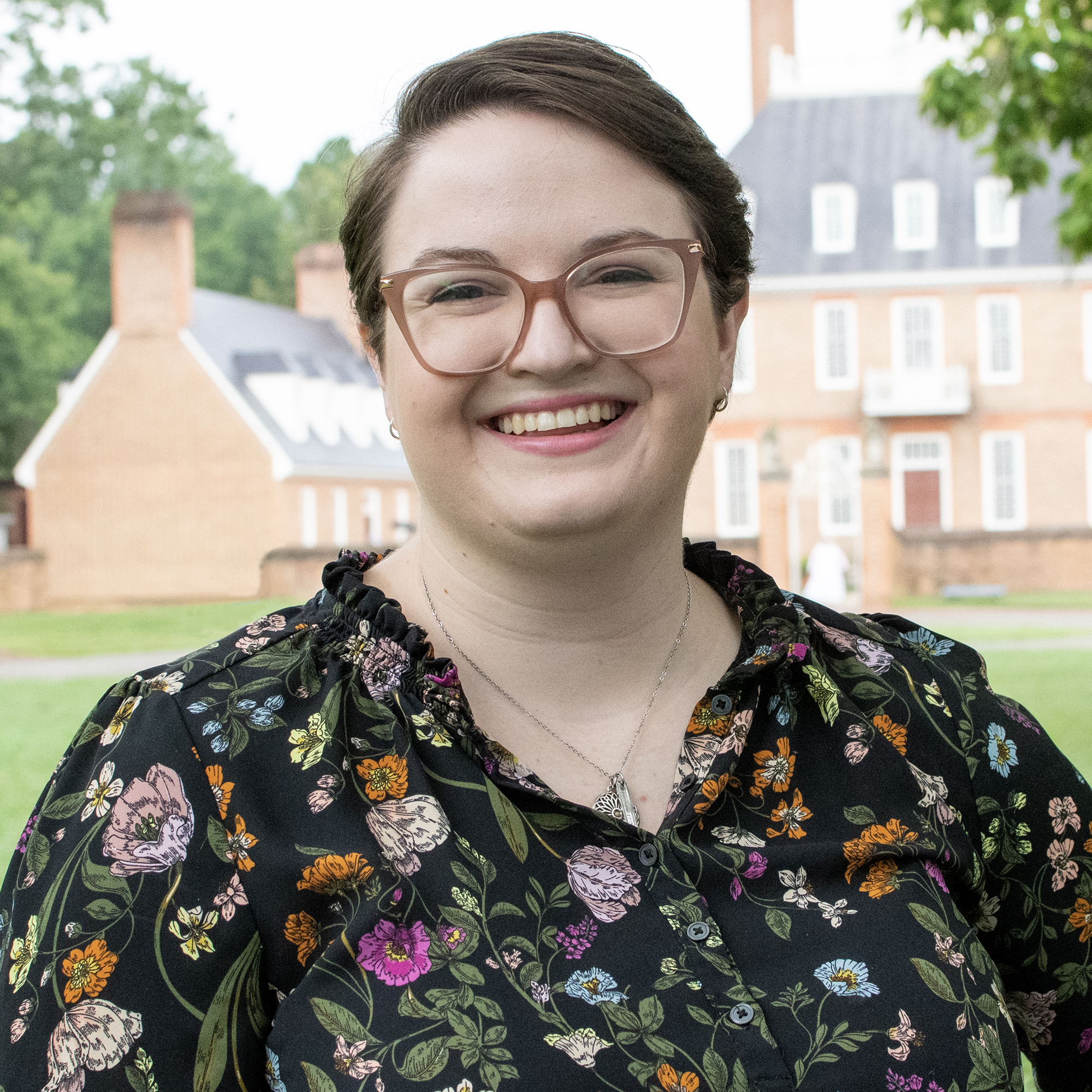
“The BJC tour of Colonial Williamsburg was much different than the ones I’d had with my family as a child. We started, not at one of the taverns or shops or even the governor’s mansion, but at what appeared at first glance to be an empty lot. It turned out to be the excavation site of the original building of the First Baptist Church of Williamsburg, one of the oldest Black churches in the U.S. It was founded by both free and enslaved Black believers, and it is still thriving today at its current location. …
Rev. Hannah Phillips Mollenkamp / Evanston, Illinois
The foundation of the original building was etched into the grass, an unassuming brick outline marking the presence of a vibrant community. Dr. Sabrina Dent explained to us that human remains had been found on the site as well—presumably the cemetery of the congregation, dating back centuries. This was holy ground, she told us. She urged us to look throughout the week for whose stories were not being told. This, I think, named exactly the discomfort I felt returning to Colonial Williamsburg as an adult: the deep-seated awareness that the story the place was telling was not even close to the whole story.
I believe this issue is also at the heart of the religious freedom debate today and perhaps even for the entire history of our country. The story is so much more complex and multifaceted than we are ever taught.”
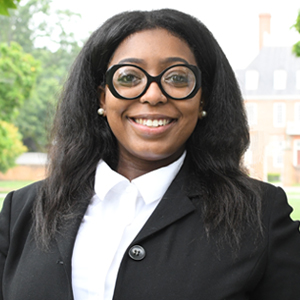
“George Wythe, known as Thomas Jefferson’s second father, reminded so many in the leadership structure of his time that ‘virtue is the care for your neighbors above yourself.’ This is what stuck with me after attending the 2023 BJC Fellows Seminar. Everything I learned was summed up in this statement. …
Rachel Baltimore / Lorton, Virginia
I have an utter responsibility to care for my neighbors above myself, even when it seems as though the victor has already won. I have a burdensome duty to fight for those that are being silenced, disenfranchised, and marginalized. I am a global missionary, having had the opportunity to spread the good news on two continents — being an advocate for all is what I was born to do. Being a BJC Fellow has afforded me to be a greater equipped ambassador for religious freedom for those here and around the globe.”
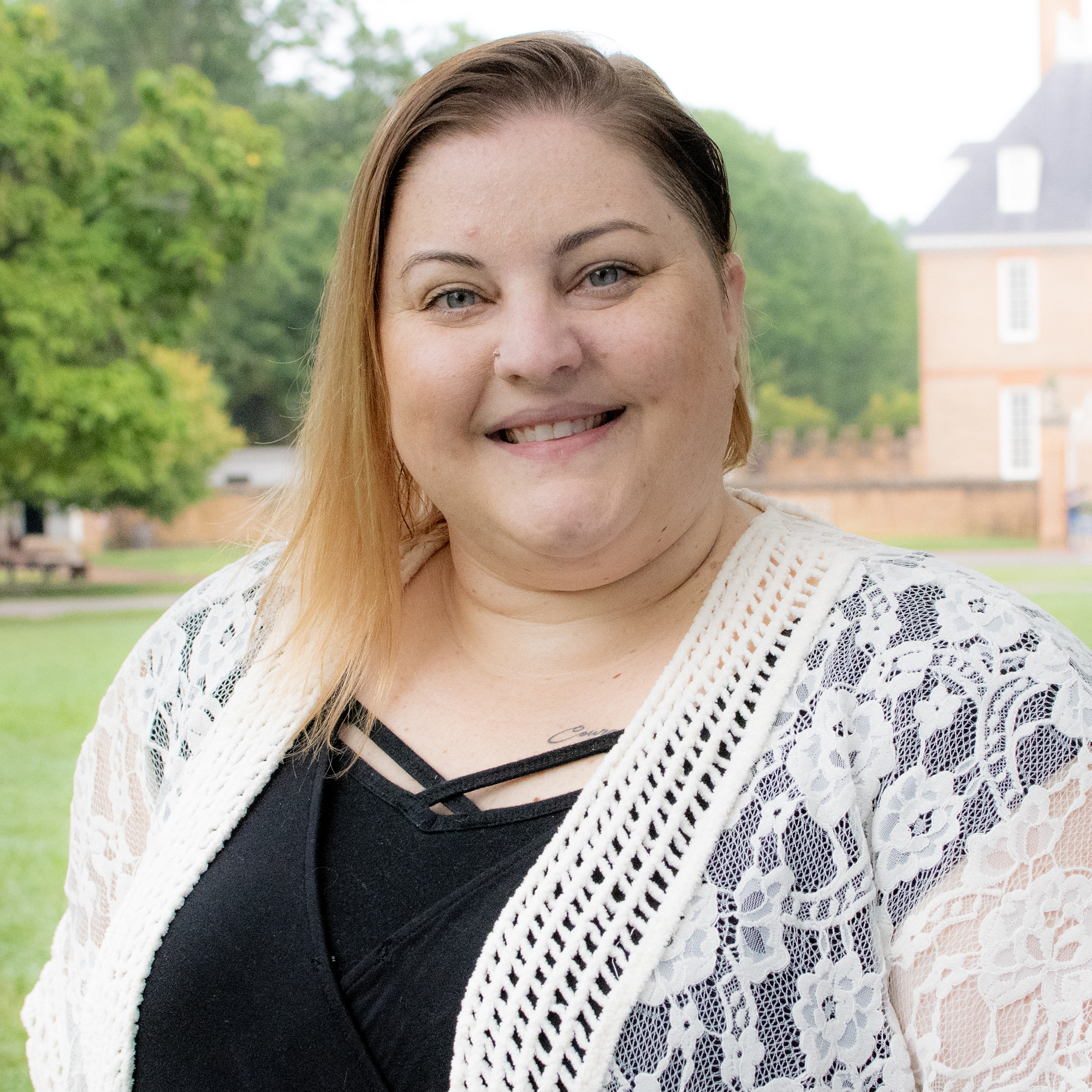
“I carried my full self into the space where I met nine other BJC Fellows and the beautiful, kind-hearted, nurturing staff at BJC. My full self includes mostly questions and a desire to not make my life about the answers. There was a time in my life where I had certainty — I knew who was right and who was wrong when it came to religion. I don’t have that certainty anymore, and I don’t need it. …
Natalie Copeland / St. Cloud, Minnesota
Whether I label myself as Humanist, a Red-Letter Christian (see the work of Shane Claiborne), or just plain Agnostic (or maybe a mixture of all three?), I am welcome in the fight for religious liberty. Even more surprisingly — ALL are welcome — from any faith or no faith at all. We can all fight for and with each other instead of fighting against each other.”
Interested in being a BJC Fellow?
There is no religious requirement for the program, and applications open each winter.

